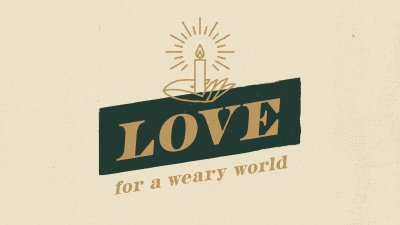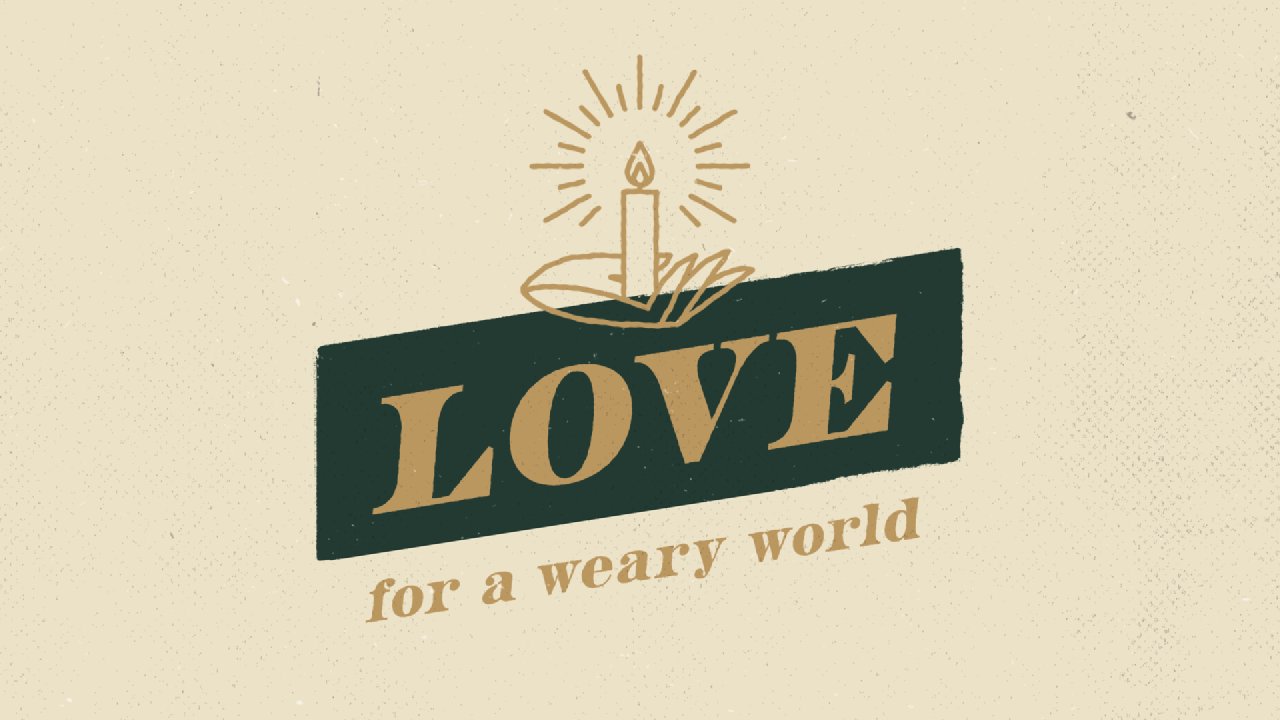Jesus says that the ultimate standard of authentic love is how well you treat the person you can’t stand, or in his words, “you should love your enemy and do good to them expecting nothing in return.” For Jesus, this kind of love imitates the very character of God himself.
READ
27 “But I say to you who hear, Love your enemies, do good to those who hate you, 28 bless those who curse you, pray for those who abuse you. 29 To one who strikes you on the cheek, offer the other also, and from one who takes away your cloak do not withhold your tunic either. 30 Give to everyone who begs from you, and from one who takes away your goods do not demand them back. 31 And as you wish that others would do to you, do so to them.
32 “If you love those who love you, what benefit is that to you? For even sinners love those who love them. 33 And if you do good to those who do good to you, what benefit is that to you? For even sinners do the same. 34 And if you lend to those from whom you expect to receive, what credit is that to you? Even sinners lend to sinners, to get back the same amount. 35 But love your enemies, and do good, and lend, expecting nothing in return, and your reward will be great, and you will be sons of the Most High, for he is kind to the ungrateful and the evil. 36 Be merciful, even as your Father is merciful.
Luke 6:27-36
REFLECT
-What do you notice? What questions, thoughts, and feelings come up as you read?
-Remember or tell a story of an experience you had when you, or someone you know, showed love to their enemy and expected nothing in return.
-What does Jesus promise for those who love in this way (see verse 35)?
-Note how God himself is kind to ungrateful and evil people. What does this say about God’s character? Imagine a world where God was mean to people who were ungrateful and evil. Would anyone at all survive?
-Note how God is described in v 36. What is the relationship between love & mercy?
-How do Jesus’ words specifically challenge or encourage you today? What is one way you can actively respond today?
-Express your gratitude to God for his merciful love, and be honest about the ways you have withheld the same love from others. Pray for the people who have mistreated you, and ask for God’s continued help to love like he does.

Day 27
Day 22 - LOVE video intro
The word “love” is one of the sloppiest words in our language, as it primarily refers to a feeling that happens to a person. In the New Testament, “love” refers to a way of treating people that was defined by Jesus himself: seeking the well-being of others regardless of their response. READ 11 Beloved, if God so loved us, we also ought to love one another. 1 John 4:11


Day 23
When Jesus is asked about the most important command in the Old Testament, the Hebrew Bible, he answers by quoting from the ancient prayer known as the Shema, “love the Lord your God with all of your heart.” But that’s not all. Jesus quickly follows up by saying that another command from the Hebrew Bible is also the most important, “love your neighbor as yourself.” So which is most important? For Jesus, both are vital because the first command cannot be obeyed without heeding the second. They are inseparable. A person’s love for God is expressed by their love for others. READ 29 Jesus answered, “The most important is, ‘Hear, O Israel: The Lord our God, the Lord is one. 30 And you shall love the Lord your God with all your heart and with all your soul and with all your mind and with all your strength.’ 31 The second is this: ‘You shall love your neighbor as yourself.’ There is no other commandment greater than these.” Mark 12:29-31 5 You shall love the LORD your God with all your heart and with all your soul and with all your might. Deuteronomy 6:5 18 You shall not take vengeance or bear a grudge against the sons of your own people, but you shall love your neighbor as yourself: I am the LORD. Leviticus 19:18 REFLECT -Pay attention to what Jesus says after quoting from the Hebrew Bible. What questions, thoughts, or feelings come up for you as you reflect on his words? -Review the passages from Deuteronomy and Leviticus. What do you observe? How does this impact you today? -Turn your reflections into a prayer to God from your heart.


Day 24
The Hebrew Bible records the history of God’s people repeatedly neglecting the greatest commandment to love God and others. How can we hope to do any better? Jesus helps us when he adds a new commandment to accompany the greatest commandment. His new command shows how his own sacrificial love can empower his followers to love others. READ 34 A new commandment I give to you, that you love one another: just as I have loved you, you also are to love one another. John 13:34 29 Jesus answered, “The most important is, ‘Hear, O Israel: The Lord our God, the Lord is one. 30 And you shall love the Lord your God with all your heart and with all your soul and with all your mind and with all your strength.’ 31 The second is this: ‘You shall love your neighbor as yourself.’ There is no other commandment greater than these.” Mark 12:29-31 9 In this the love of God was made manifest among us, that God sent his only Son into the world, so that we might live through him. 10 In this is love, not that we have loved God but that he loved us and sent his Son to be the propitiation for our sins. 11 Beloved, if God so loved us, we also ought to love one another. 1 John 4:9-11 REFLECT -Compare John 13:34 with Mark 12:29-31. What is the difference between these two commands? How does Jesus’ own example renew/fulfill the greatest command? -Review 1 John 4:9-11. What words or phrases stand out to you? According to this passage, why did Jesus give his life, and what should motivate our love for others? -Take a moment to pray in response to what you learned today.


